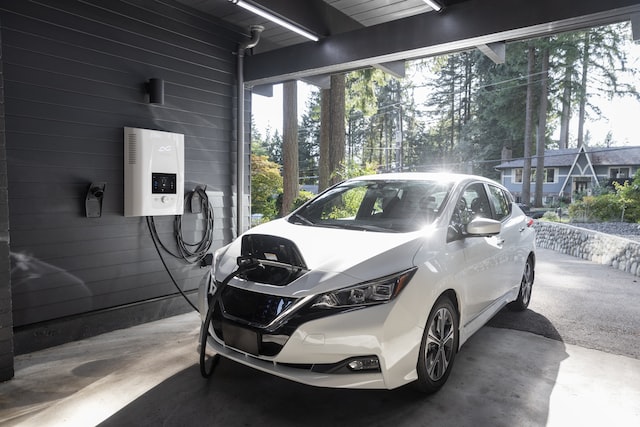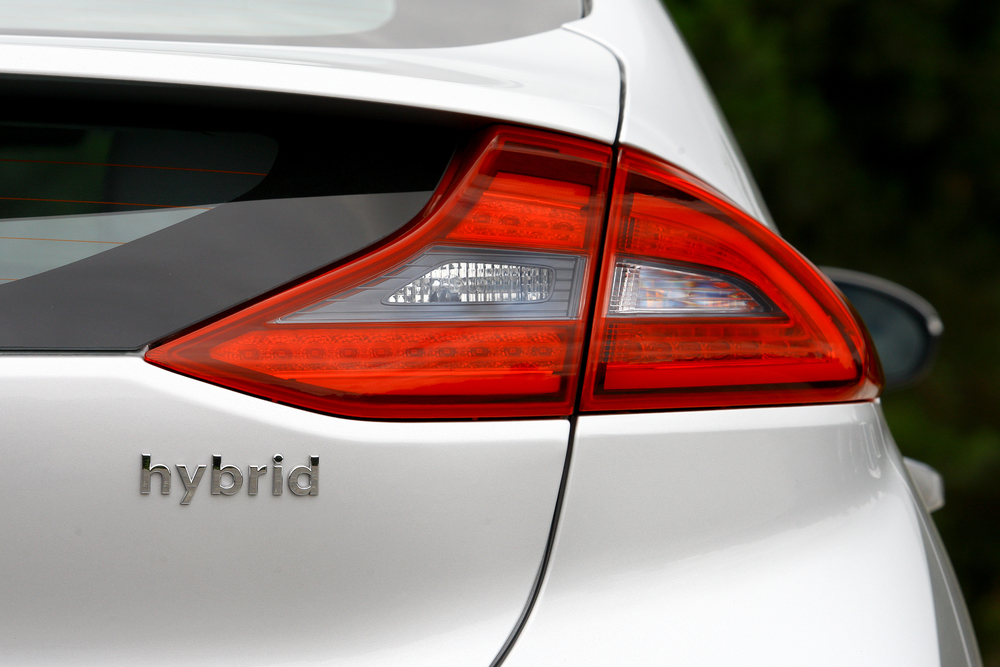Electric vehicles could make up at least half of all cars sold in 2030, even without financial incentives, a new study has found.
The research, conducted by academics at two US universities and released on Tuesday, found falling prices and technological advances were fuelling the popularity of electric cars.
And it found that more consumers could choose battery-powered vehicles over their petrol counterparts, if advances in technology accelerated.
The findings come one week after the Electric Vehicle Council launched a campaign urging the federal government to adopt a target of 50 per cent electric vehicle sales by 2030.
But one academic warned that Australia may need to adopt “aggressive” incentives to meet the target.
The US study, published in the journal Proceedings of the National Academy of Sciences, surveyed more than 1500 passenger car and SUV owners about their vehicle preferences, comparing electric and petrol cars.
Researchers said the study showed potential buyers increasingly chose electric models over their petrol peers as the gap between their features and prices narrowed.
“Our results imply that the likelihood of consumers purchasing (battery-electric vehicles) has grown over time because of technological improvements that have increased range and, in many cases, reduced price premiums,” the study found.
The research noted consumers were particularly motivated by the increase in how far electric vehicles could travel on a single charge, with range doubling in a decade.
It said that if electric cars continued to advance, simulated projections found electric vehicles could “capture about half of power-train choices by 2030, even without purchase incentives”, and adoption could be higher if the technology improved faster.
Swinburne University future urban mobility professor Hussein Dia said the findings appeared conservative and could apply to the Australian market with the right policies in place.
“There is nothing stopping Australia from achieving something similar,” he said.
“If we just continue business as usual, we’re not going to get very far, but if we implement a strong fuel-efficiency standard and incentives, we could have at least 30 per cent electric vehicle sales by 2030, possibly even better.”
However, Prof Dia said financial incentives to encourage electric vehicle purchases would remain important in Australia, because adoption here had lagged behind other nations.
“Incentives will play a big part until we reach 30 or 40 per cent adoption and then governments can slow them down,” he said.
The research, from Carnegie Mellon and Yale universities, was released just one day before consultation closes on Australia’s fuel-efficiency standard that will introduce a cap on vehicle pollution to encourage the import of low- and zero-emission vehicles.
The Electric Vehicle Council last week launched a campaign to encourage Australians to have their say on the standard, and called for a target of 50 per cent electric car sales by 2030.
A 50 per cent target has already been adopted in Queensland, NSW and Victoria, while the ACT is aiming higher, with a target of 80 to 90 per cent electric vehicle sales in 2030.
Jennifer Dudley-Nicholson
(Australian Associated Press)





